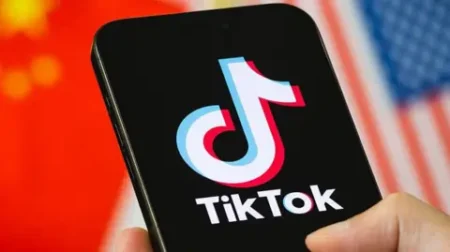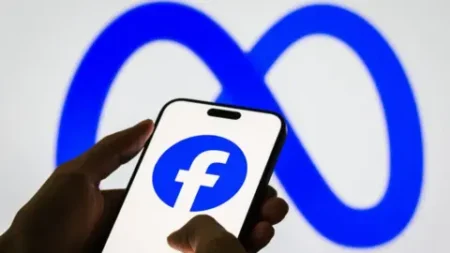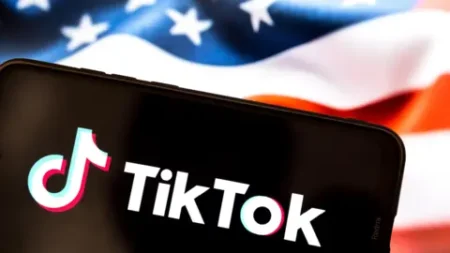The rising influence of social media on the mental health and well-being of youth has emerged as a pressing topic of discussion among a wide array of stakeholders, including parents, educators, mental health professionals, and regulatory figures. Recent findings indicate that approximately half of U.S. teenagers perceive social media to have a predominantly negative impact on their peers. In light of these sentiments, a considerable number report scaling back their social media usage.
This information is corroborated by a survey report released by the Pew Research Center, which highlights American teenagers’ and their parents’ perspectives regarding social media and smartphones. The insights provided in this report serve as a follow-up to an earlier Pew study, conducted in December 2022, where it was noted that nearly half of U.S. teens claimed to be online almost perpetually.
Amid rising parental and regulatory concerns regarding the safety of young individuals on social media platforms, ongoing calls for action have been directed at social media companies. In particular, these stakeholders are urging these platforms to take greater responsibility for ensuring that youths do not spend excessive amounts of time online. In a key development last year, then-Surgeon General Vivek Murthy requested that Congress institute mandatory labeling for social media applications akin to warning labels seen on alcohol and tobacco products. This follows Australia’s landmark legislation, which outlaws social media use for individuals under the age of sixteen. Further illustrating legislative action, Utah Governor Spencer Cox signed a pioneering bill that mandates app stores to verify users’ ages and relay that information to app developers, aiming to shield teenagers from inappropriate online content.
The Pew Research Center’s latest survey was conducted with 1,391 teenagers aged 13 to 17 and their parents during September and October of the previous year. Among teenage respondents, 48% expressed the view that social media has a “mostly negative” impact on their peer group, a notable increase from the 32% who held that belief in 2022. Conversely, only 11% of teenagers today perceive social media as “mostly positive” for their peers.
Interestingly, when asked about the impact of social media on their own lives, only 14% of teens reported believing it to be mostly negative, although this marked an increase from the 9% reported in 2022. Despite such differing perceptions, many teens seem to be proactively managing their social media habits; 45% admitted they spend too much time on these platforms, an increase from 36% just a year prior. Furthermore, 44% have indicated that they have reduced their social media and smartphone usage.
One teenage voice quoted in the report conveyed a poignant sentiment: “The overuse of social media in our society seems to be the main cause of depression among those in my age group. People let themselves be affected by the opinions of strangers, which wreaks havoc on mental well-being.”
Gender and racial demographics reveal variances in how social media affects various groups. The report indicates that teenage girls are more likely than boys to claim that social media negatively impacts their sleeping patterns, productivity, mental health, and self-confidence. This observation aligns with earlier research from 2019 suggesting that social media’s connection to depression is particularly pronounced among teenage girls, mainly due to heightened exposure to online bullying and decreased engagement in activities that benefit mental health, like adequate sleep.
To underline the severity of social media’s impact, internal communications from Meta, the parent company of Instagram, revealed that one-third of teenage girls reported worsened body image due to the platform, as disclosed by a whistleblower in 2021. Despite these troubling statistics, Meta has enacted initiatives aimed at improving safety for teens, including enhanced artificial intelligence tools to verify user ages.
Further analysis from the Pew report underscores a gender disparity: 48% of girls have curbed their social media usage compared to 40% of boys. Focusing on general teen mental health, the report indicates that 89% of parents and 77% of teens themselves harbor significant concerns about mental well-being. However, a notable discrepancy arises in perceptions of social media’s impact, with parents expressing greater anxiety over its effects than teens themselves.
Despite these challenges, not all findings were disheartening. Around 60% of teenagers affirmed that social media provides them with a platform for creative expression and helps them stay connected to their friends’ lives. This suggests that while social media does have negative consequences, it also provides valuable social interaction and creative opportunities.
As the dialogue surrounding social media’s role in youth dynamics continues to evolve, it will be crucial for parents, educators, and policymakers to foster an environment that balances technological engagement with mental health awareness.











